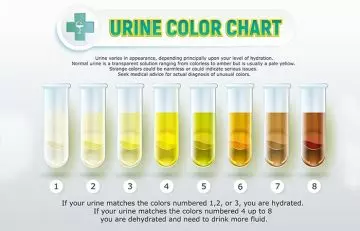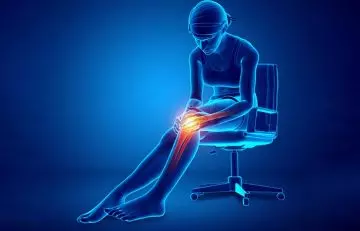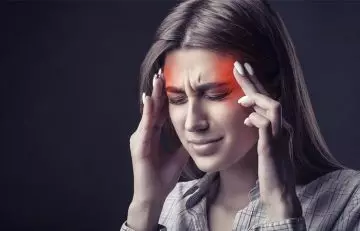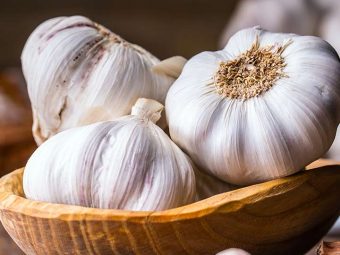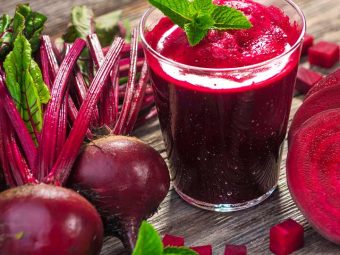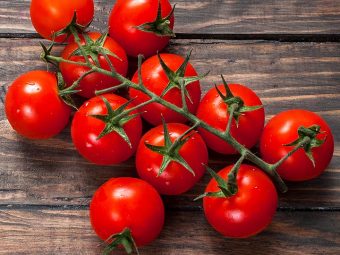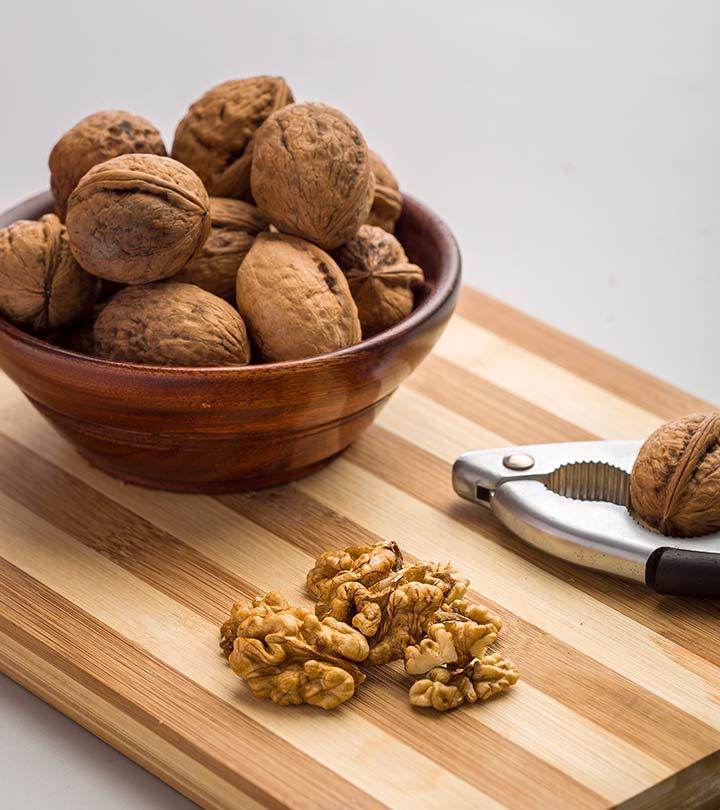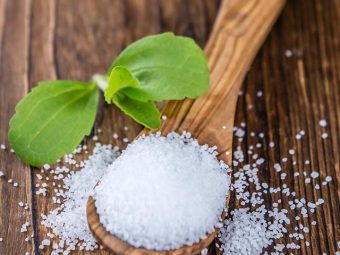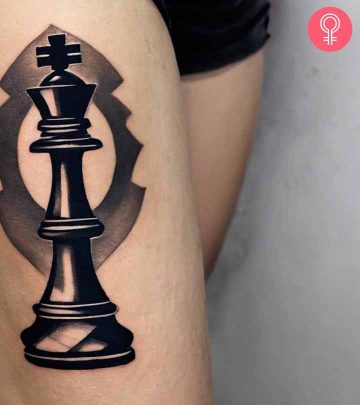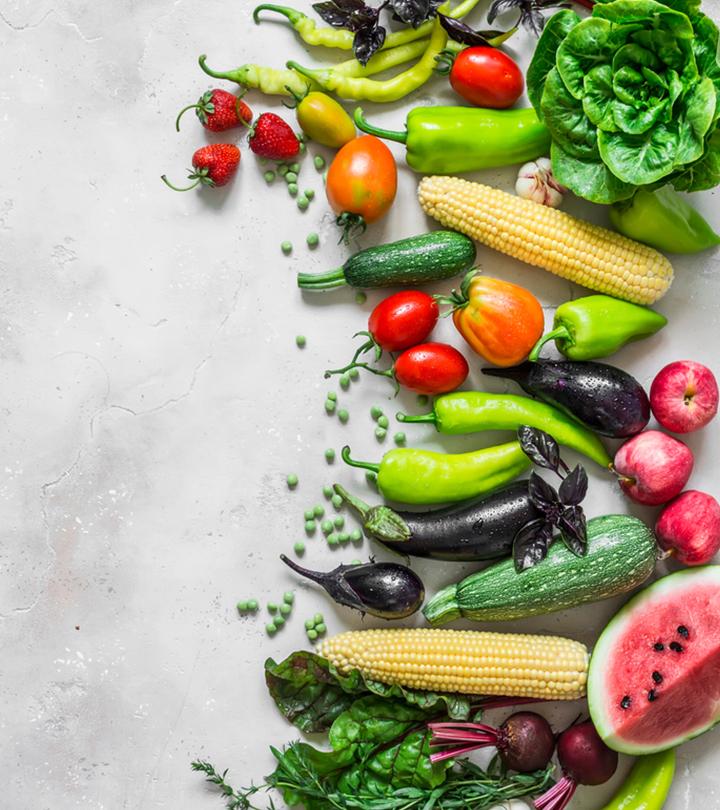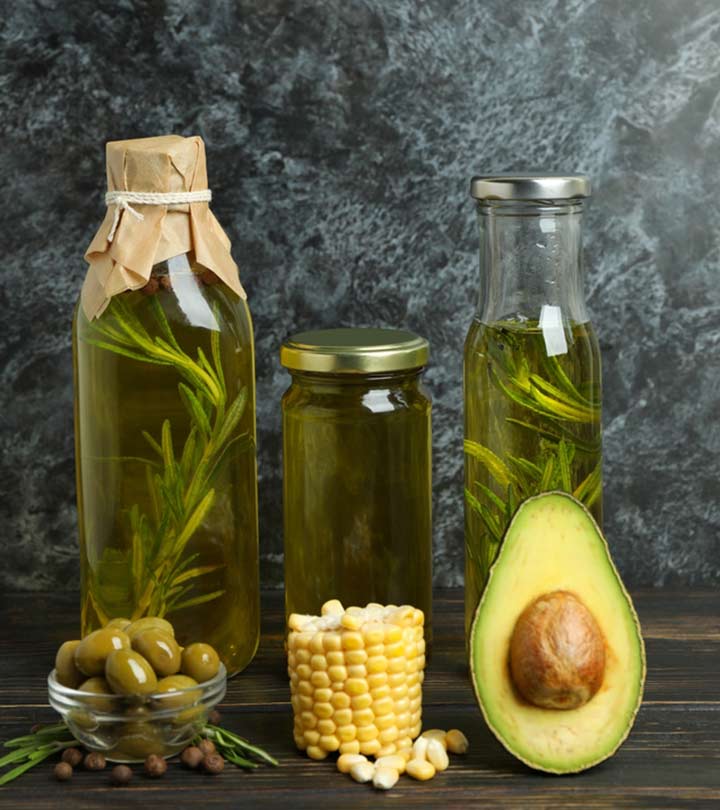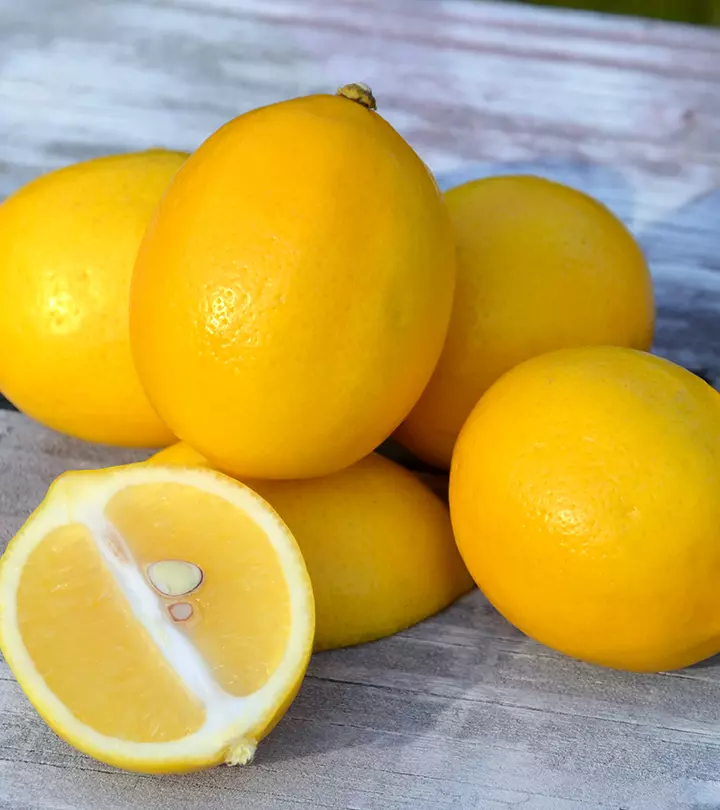7 Signs You’re Eating Too Much Salt
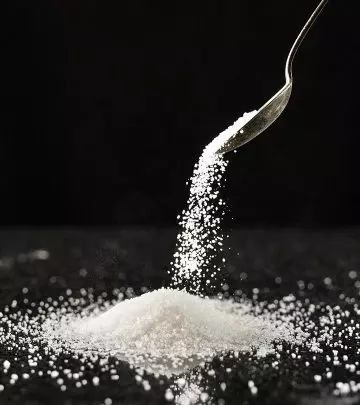
Image: Shutterstock
Almost everything you eat has a little bit of salt in it. But some foods have more salt than others, like your favorite French fries, for example. While having salt is good for your health as the iodine helps prevent diseases like goiter, too much of it can spell trouble!
Medical experts recommend that your daily salt intake should not exceed beyond 2,300mg, which comes to just about 1 teaspoon (1). However, most of us have more sodium than that, with our daily consumption going up to 3,400mg or 11/3 teaspoons each day! This can lead to a condition known as hypernatremia, which can cause other complications (2).
Hence, limiting your salt intake is vital. But how do you know if you’re eating too much salt? You certainly can’t measure it! But you can definitely pay attention to the signs your body gives out when it has had more salt than it needs. Here are 7 such signs to help you out:
1. Swelling
Take a close look at your feet and hands. Do they look puffy and inflamed? Do your rings feel tighter than they used to? Or does your face look swollen up right after you wake up in the morning? If you notice any of these signs, you can safely assume that you’re having more salt than you should. Because of a high salt intake, your body retains more water than normal, which leads to swelling. This condition is known as edema and can need professional medical assistance (3).
2. Frequent Thirst
Sodium is responsible for balancing your body’s fluids. However, when you have excess salt, your body requires more water so that your body can function as it should. This is how your body brings the sodium to water ratio back to normal. Which means you end up experiencing excessive thirst (4). That said, if you don’t drink enough water to satiate this thirst, you may end up getting dehydrated.
3. Change In Color Of Urine
High amounts of sodium in your body can seriously affect your urination in two ways (5):
- When you have a lot of salt, your kidneys work extra hard to expel it from your system. This can cause you to develop a kidney disease, which may show symptoms such as frequent urination or transparent pee.
- Moreover, excess sodium intake can also lead to fluid loss and consequently dehydration. This can alter the color of your urine and give it a deep yellow hue. It can also decrease the frequency of urination.
4. Pain In The Bones
Having too much sodium in your diet is a bane for your bones. It can gradually weaken your skeletal system and cause pain in your bones. What happens here is that when you eat extra salt, your kidneys are unable to eliminate it entirely (6). This causes your body to lose its calcium supply. Over time, you can develop osteoporosis and teeth problems as well.
5. Cramped Muscles
If your body’s balance of potassium and sodium is disturbed due to a high salt intake, your muscles can suffer from severe contractions. You can expect to feel tightness in your muscles accompanied by pain or cramps or both.
6. Frequent Headaches
The more the salt in your diet, the more likely you are to get headaches. An excess sodium intake causes a spike in your blood’s volume, leading it to occupy a larger area in your blood vessels than it normally does (7), (8). This, in turn, causes hypertension (more commonly known as high blood pressure), which makes you suffer from frequent and stubborn headaches.
7. Problems With Cognition
High blood pressure that is a result of high sodium consumption can inflict damage on the very same arteries that connect to your brain. This can lead to impaired thinking and poor concentration levels (9). Moreover, the dehydration caused by excess amounts of salt in your body can result in fatigue, slow reactions, and a bad memory.
Notice any of these signs in you? Then you have to work on lowering your daily sodium intake. Here are a few tips to help you out:
- Avoid processed foods as much as you can. This includes junk such as pizzas, rolls, burgers, sandwiches, cold cuts, canned foods, etc. as they have high amounts of sodium.
- Avoid eating out in restaurants as well as they not only contain extra preservatives and additives but sodium as well.
- Whenever you purchase packaged foods, check the nutritional value list to know about the percentage of sodium in it. Foods that have lower than 5% of sodium as per your daily value should be fine.
- Try alternatives to regular salt to get the same taste in your food minus the side effects. Healthy options include vinegar, dried or fresh herbs, and lime juice.
Don’t get all panicky though and cut off salt entirely from your diet. Your body still needs sodium. Just remember to have it in moderation.



